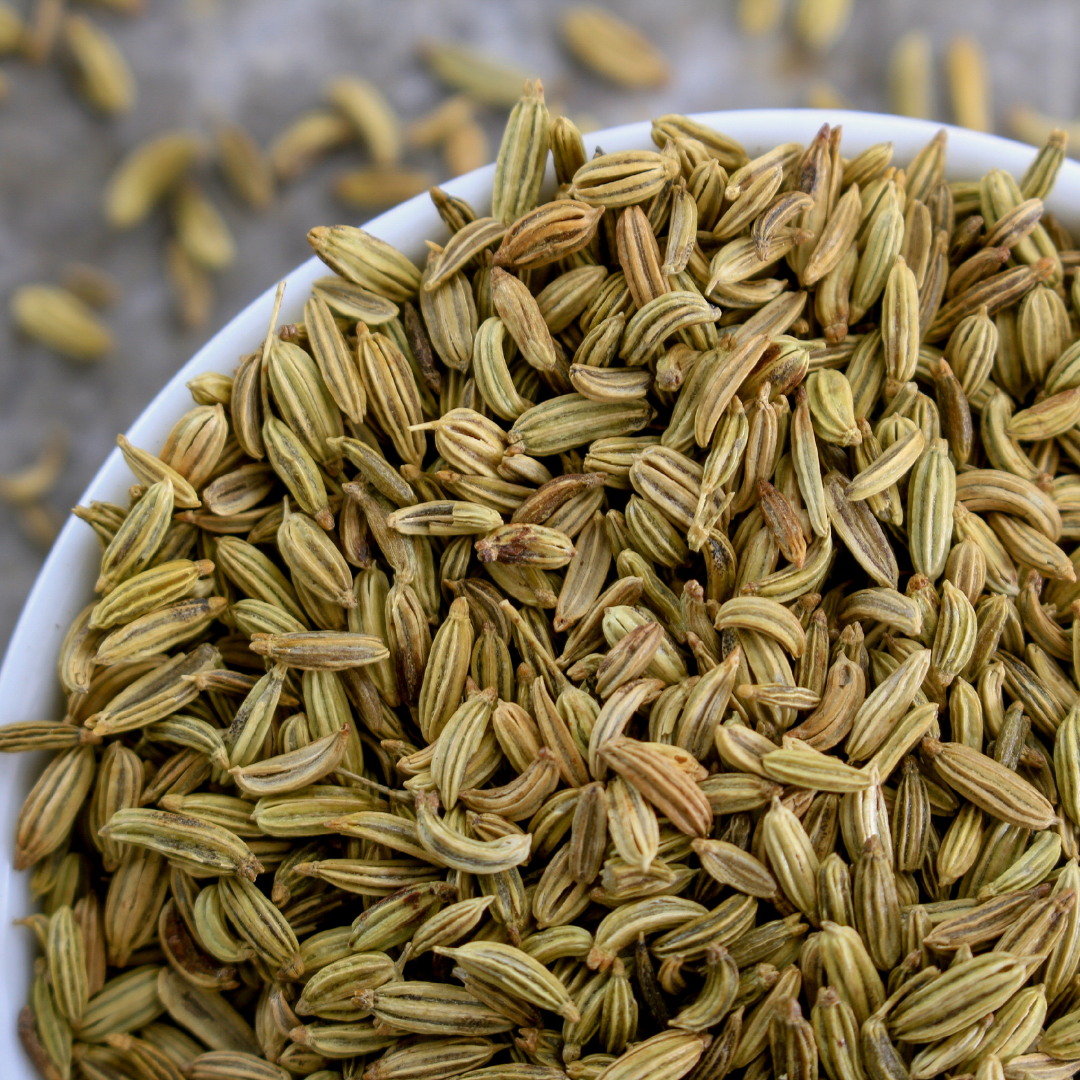9 health and nutritional benefits of fennel

Fennel is a yellowish green, biennial or perennial herb . An analysis of the herb shows it consist of moisture 6.3 percent, protein 9.5 percent, fat 10 percent. minerals 13.4 percent, fibre 18.5 percent and carbohydrates 42.3 percent.
The Oil of the seed possess a sweet taste.
USES- its water mixed with sodium bicarbonate, becomes the domestic "Gripe water".
Its used to treat respiratory and gastro-intestinal disorders, hypertension, coughs, hoarseness, persistent indigestion, flatulence, diarrhoea, colic, constipation, dysentery and diabetes.
Healing properties of fennel
The leaves are digestive, appetizing and stimulating. They increase the secretion and discharge of urine. The seeds are sweet, laxative, aphrodisiac and arrest bleeding. They also relieve flatulence and promote the removal of catarrhal matter and phlegm from the bronchial tubes.
Oil of the herb, distilled from the dry seeds is aromatic, carminative, and anti spasmodic.
1. highly Nutritious
Both fennel and fennel seeds are very nutritious. Its mineral and vitamin contents are calcium, magnesium, phosphorus, iron, sodium, potassium, thiamine, riboflavin, niacin and vitamin C.
Due to its Vitamin C content it works as an antioxidant.
2. digestive disorders
Its use is well known as digestive aid. It may be given in small quantities to young children digest carbohydrates. An infusion prepared by boiling a tablespoon of seeds in 100 ml of water for half an hour, is highly beneficial in indigestion, biliousness, flatulence, constipation, and atonic dyspepsia.
Chewing its seeds after meals prevent foul breadth, indigestion, constipation and vomiting.
3. Colic
This is one of the safest herbs for colic, for helping the baby to release gas and relieve tummy. It may be used in combination with other herbs like peppermint and crushed caraway seeds.
A teaspoon of a herb is boiled in a cup of water. and allowed to steep in the water for about 20 minutes. This is strained and allowed to cool. This tea, given to the baby in his feed bottle, helps cure colic. Not more than teaspoon or two should be given at a time.
4. respiratory Disorders
Leaves are useful in respiratory disorder like asthma and bronchitis. The Juice may be given in the treatment of such conditions. Eating its seeds with figs is also a good medicine for cough, bronchitis, and lung abscesses.
5. blood pressure
Fennel contains calcium, potassium and magnesium, all of these have shown evidence to lower blood pressure.
6. Menstrual Disorders
The seeds promote menstruation and regular monthly periods. An infusion of the seeds can be given in painful menstruation and other menstrual irregularities.
7. eye disorders
It is believed that it benefits the eyes. Herbalists today recommend bathing the week, sore or inflamed eyes with the tea.
Regular application of the leaf-juice boiled with honey is said to cure conjunctivitis.
8. nausea and Morning sickness
Fennel tea is also a great home remedy for reliving nausea, it also makes it quite effective for morning sickness.
9. bronchial congestion
Fennel is also useful for removing phlegm in case of bronchial congestion. A tea made with fennel, ginger, liquorish with a little raw honey should be taken 3-4 times a day.



